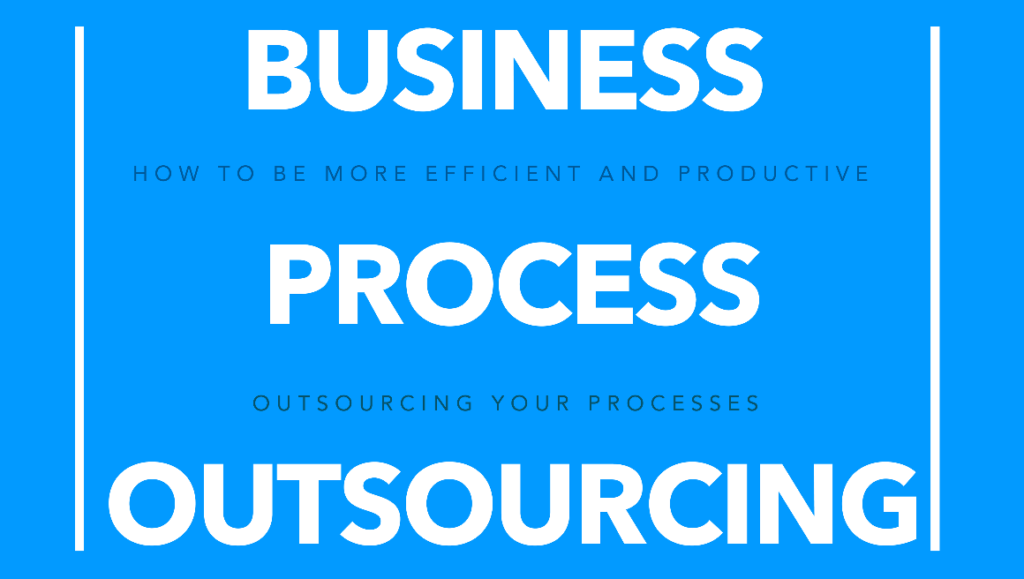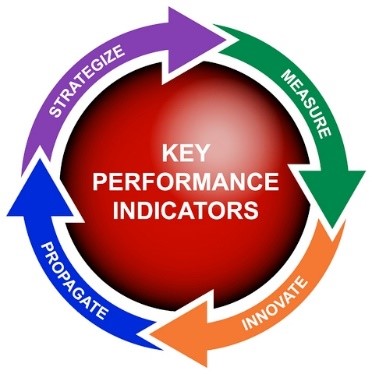4 Tips to Ensure Your Business Grows with BPO
Your Business and Business Process Outsourcing (BPO)
No matter the generation, one thing holds true, to ensure business growth and survival a business must continually improve business processing. In order to achieve this, organizations must cut costs, while improving performance. Clearly, this is easier said than done. Concise planning and evaluation of current business processes come into question along with their associated costs and performance timelines. As a result, many organizations are turning to Business Process Outsourcing (BPO) to achieve their business performance goals.
BPO does not necessarily mean hiring an over-seas company. In fact, today there are many companies in the United States working to counter the impact on foreign business process outsourcing, keeping these business process outsourcing functions within the U.S. For example, Integration, Inc., located in central Connecticut, specializes in resolving information technology issues confronting businesses nationwide, specifically in the areas of Electronic Data Interchange (EDI), Check Writing Services, Check Printing Services, Rebate Fulfillment, Third Party Billing Services and Barcode Labels.
There are four basic best practices that organizations can follow to ensure BPO is successful for their business:
Establish a Business Growth Plan
Don’t just jump in. Before you begin the outsourcing process, it is vital you understand the financial plans and long-term overall goals of your business. From this information, it will be easier for your organization to choose an outsourcing partner who will meet all of business processing needs. By establishing a business growth plan, identifying areas where outsourcing is needed and would be of better benefit to your company will be easier to identify and work to streamline efforts getting there.
Establish Infrastructure Priorities
When working to establish business infrastructure priorities, companies should consider all details related to each process within the business. For example, every organization has core and non-core business processing functions. Separate out these processes. Evaluate the non-core business processes first. This would include any task that supports the primary function of your business, such as payroll, customer service, EDI, data entry, rebate fulfillment, third party billing, barcode labels, check writing and check printing services, etc.
Once tasks are divided, consider the cost of each task that is being manually processed. How much does your company spend on payroll, inventory, human error, software updates and technology updates? Make a list for each process. The results will be alarming.
Although your tendency will be to outsource as much as possible, all too often it’s easy to fragment and displace important people, processes and tools by searching for the the perfect combination of companies to outsource services to in order to achieve the lowest possible cost. It is important to remember that there must be a balance of cutting cost, while maintaining your overall business goals and standards.
Establish Business Key Performance Indicators (KPI)
By creating benchmarks for your data, KPI data will help you identify growth once you have implemented your BPO strategies. A Key Performance Indicator by definition is,
“A measurable value that demonstrates how effectively a company is achieving key business objectives. Organizations use KPIs at multiple levels to evaluate their success at reaching targets. High-level KPIs may focus on the overall performance of the enterprise, while low-level KPIs may focus on processes in departments such as sales, marketing or a call center.” (Definition)
Performance Level Expectations
One of the most beneficial aspects of implementing BPO is the continued improvement to the processing accuracy and improved productivity of your business. Establishing performance level expectations will allow you to show exactly the impact BPO brings to your business. By replacing manual processing with an automated processing system, human error is drastically decreased, customer satisfaction is increased and employees are now available to be reassigned to other areas of your core business needs.
To learn more about business process outsourcing, contact Integration, Inc. today. Integration, Inc. is an industry-leading business process automation provider specializing in business process automation services, such as Electronic Data Interchange (EDI), check writing, check printing, check processing, rebate processing, barcode labels and third party billing to thousands of companies across the globe.
As a primary business process automation outsourcing provider, Integration’s goal is to empower all its client’s to focus on their core areas of expertise, while leaving the business process automation services to our team of experts. This is accomplished by supplying excellent business process automation services that enhance your company’s ability to provide increased reliability and cost savings to your customers.
Integration enables your company’s success by providing a complete IT outsourcing solutions for business process automation. As a result, this allows your organization to increase efficiency, by being able to respond rapidly to changing business environments, while meeting your customer’s needs consistently and in a more cost effective manner.
Similar Posts
Ready to discuss your EDI or BPO needs?
Our team can’t wait to talk to you about your business's unique needs so we can provide a solution quickly and cost effectively.
Let’s talk today


